SUMMARY
This is AI generated summarization, which may have errors. For context, always refer to the full article.
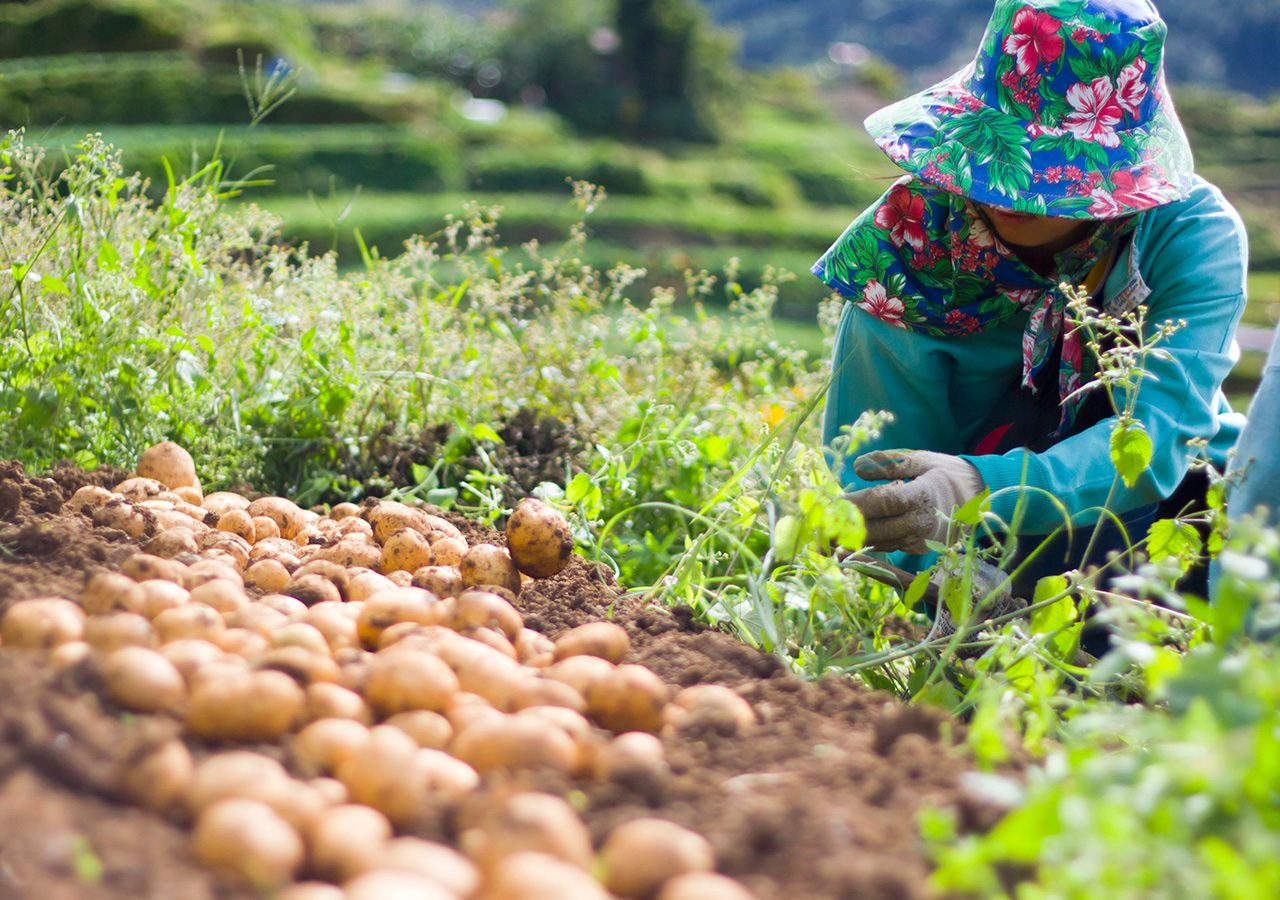
MANILA, Philippines – President Ferdinand Marcos Jr.’s debt relief for poor farmers costs next to nothing when compared to billionaires’ debts forgiven by the government, said House Deputy Speaker and Batangas 6th District Representative Ralph Recto on Monday, April 10.
In this social legislation, Marcos is set to free around 610,054 agrarian reform beneficiaries (ARBs) from a principal debt of P57.557 billion. These farmers till a total of 1,173,101 hectares of lands.
Debt condonation would cover interests, penalties, and surcharges imposed on farmers granted lands under the 1988 Comprehensive Agrarian Reform Law (CARP).
When approved by the president, the bill, dubbed as the “New Agrarian Emancipation Act,” is one box ticked off from Marcos’ wish-list laws, one he promised during his first State of the Nation Address.
The Senate approved the bill on third and final reading last March 6. The House version of the bill passed last December 2022.
Though this is “emancipation of massive scale,” Recto said the move pales in comparison with banks, corporations, and billionaires’ debts that have been written off by the government.
“We have bailed out banks and companies owned by billionaires,” said Recto. “We have allowed power sector obligations to migrate as national debts. If we have pursued a debt forgiveness strategy for many troubled companies, why not one for poor farmers?”
The solon also emphasized the disparity in the values of farming lands to properties in urban areas.
In Recto’s estimate, P49,000 of debt is forgiven per hectare of land, which is only “a fraction of the current selling price of less than a square meter of a condominium in Metro Manila.”
Condonation as stimulus
Peasant group Kilusang Magbubukid ng Pilipinas called the condonation a “temporary relief,” saying the bill is actually long overdue.
“Tama na i-condone ang mga ‘di na mabayarang utang at hindi na magbayad ng amortisasyon ang mga ARBs [agrarian refrom beneficiaries],” said peasant leader and former agrarian reform secretary Rafael Mariano.
(It’s high time that the government condone the debts and amortization that farmers can’t pay.)
Mariano also called for a new agrarian reform program incorporating free land distribution.
“Mas dapat na magkaroon ng bagong programa sa reporma sa lupa kapalit ng CARP na magmamandato ng libreng pamamahagi ng lupa sa mga magsasaka at benepisaryo,” he said.
(The government should create a new agrarian reform program to mandate the free distribution of lands to farmers and beneficiaries.)
For the longest time, aside from trying to make their land productive, farmers have been doubly burdened by the need to pay off loans so they can own the lands they till.
Ideally, when farmers are finally debt-free, they can spend more on sustaining production.
Economist and national scientist Raul Fabella wrote in a BusinessWorld column that with full ownership of land, farmers can sell, lease, cultivate the farm, or “attract large private capital to go into industrial scale farming.”
Public advocacy organization Foundation for Economic Freedom estimated in a reform proposal that condonation would lead to a 17% increase in productivity, with an average output of P120,000 per hectare.
With increased productivity, food security is bound to improve. “[The legislation] financially emancipates the farmers while freeing resources that can be used to achieve food security,” Recto said.
– Rappler.com
Add a comment
How does this make you feel?
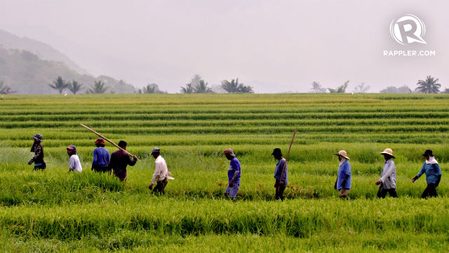
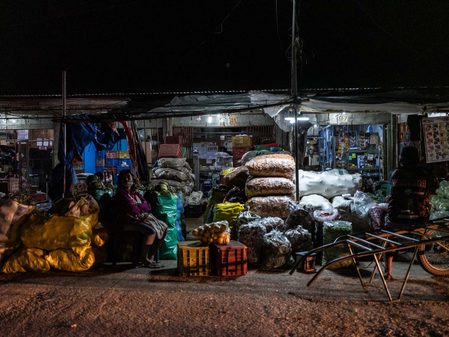
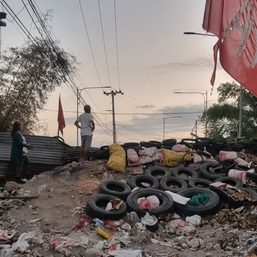
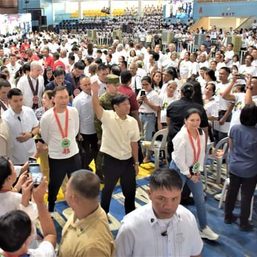
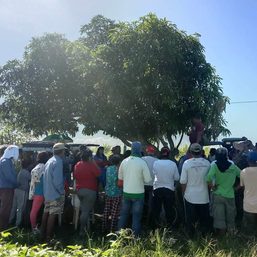
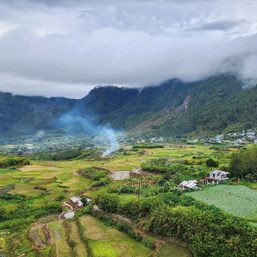
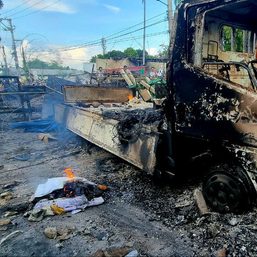
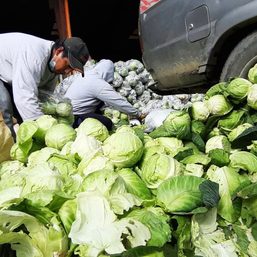
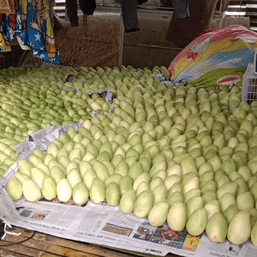
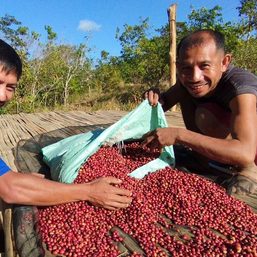
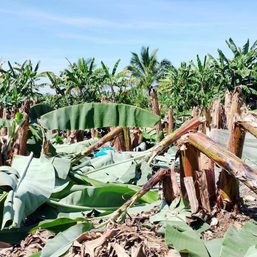
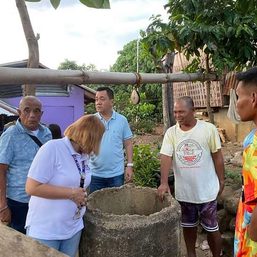



![[ANALYSIS] Rule of 120: A practical method of asset allocation and minimizing investment risk exposure](https://www.rappler.com/tachyon/2024/02/tl-rule-120-02222024.jpg?resize=257%2C257&crop=274px%2C0px%2C720px%2C720px)


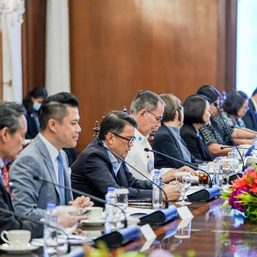
![[OPINION] The First Mode conundrum](https://www.rappler.com/tachyon/2024/03/tl-first-mode-conundrum-03232024.jpg?resize=257%2C257&crop=283px%2C0px%2C720px%2C720px)
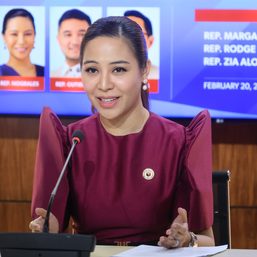
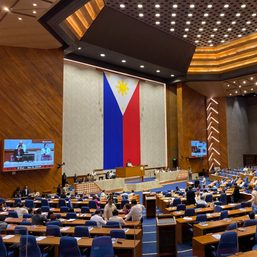
There are no comments yet. Add your comment to start the conversation.